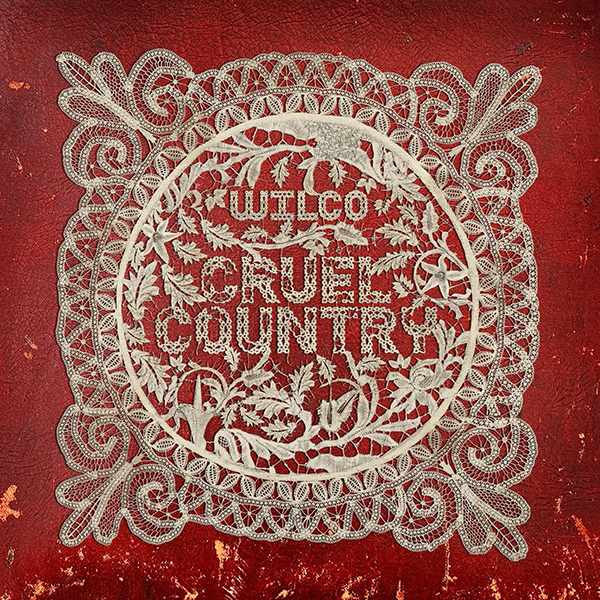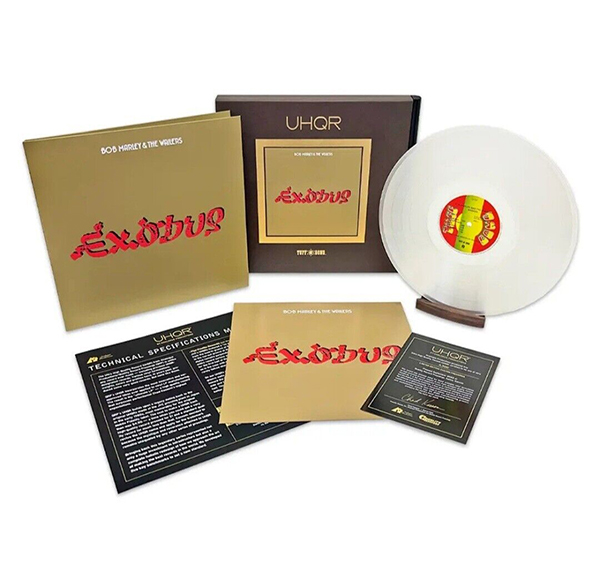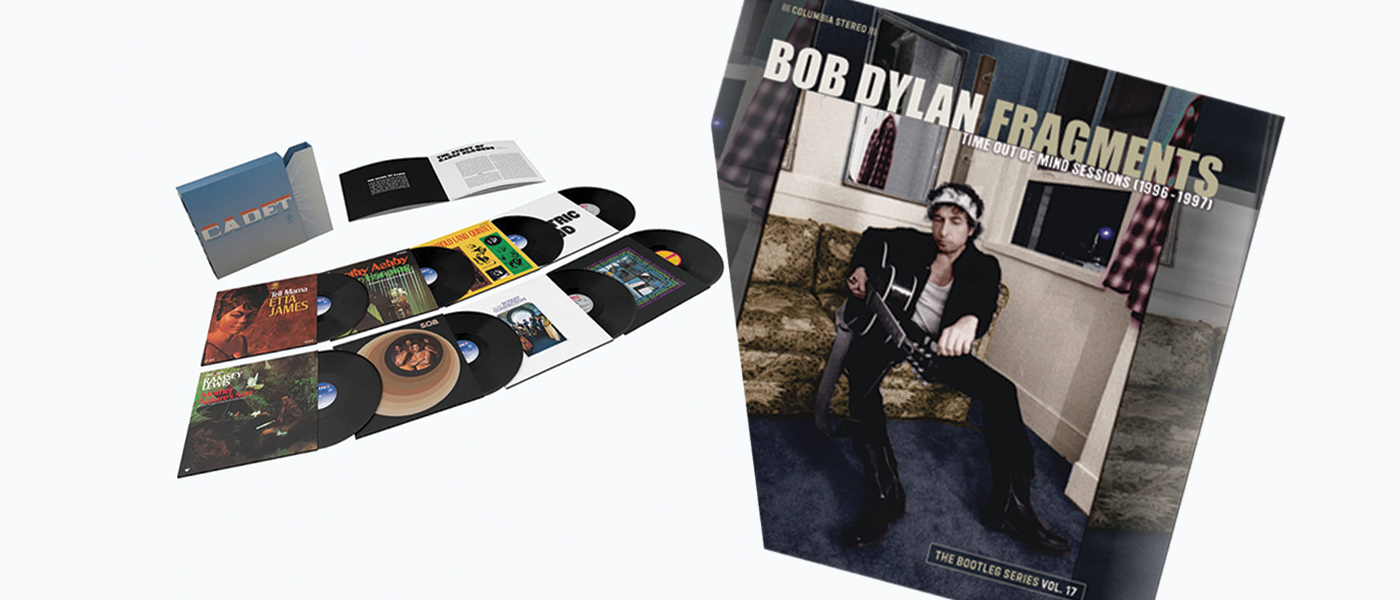
My favorite working bands haven’t really been on much of a winning streak over the last few years. I mean, they’re still making the playoffs. And maybe they’ll advance a couple of rounds, but they’re certainly not bringing home the trophy. Not this year. I haven’t even been motivated to pick up the last couple of My Morning Jacket jams. Not that they’re unenjoyable. They’re just not essential. They’re good bench players. I’ll always grab what’s available by the Drive-By Truckers because I already have literally everything that has been made available by them on vinyl. I still like their records. But their playbook has been a bit predictable of late. The competition knows what’s coming.
Which brings us to…
Cruel Country.
Wilco has returned to the mountaintop. And they got there by taking a circuitous, but familiar route. Cruel Country doesn’t sneak up on you. You’ve prepared for which team you’re playing, and you know they’re coming with full intention this time. Eyes all the way on the prize, but they’re not overwhelming the field with any 360-degree dunks or flashy alley-oops. They’ve honed and owned, the fundamentals of their game.
These are simple-sounding songs that are not nearly as easy to pull off as they appear. Things are not quite what they seem, but the plan is pretty clear. The playing straightforward. One might argue that the band hasn’t released anything so conceptually undemanding of their listeners since… A.M.? The work most closely resembles the material that made Sky Blue Sky – this lineup’s studio debut – so special, but without even a singular guitar freak-out. No Neo-Soul leanings. Jeff Tweedy fessed up to having finally made a Country record while doing press for Cruel Country, but I’m not hearing Merle’s influence. Or Gram’s. Certainly not Johnny’s or Waylon’s or even Willie’s.
I’m hearing vintage Wilco, but with the calm confidence of a battle-tested unit with adequate experience to play in whatever style(s) the game requires. Tweedy tries on a new voice right at tip off. He sings “I Am My Mother” straight from his chest, but his old talking style surfaces soon enough. Like a trusted designed play to grab a certain score. “Bird Without A Tail / Base Of My Skull” is all breath. We’ve heard this before. We know the tones, and the tasteful, restrained playing. Like watching Jordan shoot pull-up jumpers from the free-throw line when you know he could just as effortlessly reach the rim from there. Let the game come to you. Find your flow…
Word is that the band made this one the old-fashioned way: everyone playing in the studio on the tracks at the same time with minimal overdubs. There’s certainly a felt immediacy that makes this most romantic of ideals seem plausible. “Talk to me / I don’t want to hear poetry / Say it plain / Like how you really speak.”
Indeed.
And all of this presented in the least adorned packaging available. The sonic equivalent of playing the game in a worn pair of Chuck Taylors. There’s a bit of digital dissonance that leads into “Many Worlds,” but those seeking the disorienting depths of a Yankee Hotel or the symphonic jingle of Summerteeth will go unrequited. Cruel World is simply a straight shot of loveliness in an increasingly forlorn vinyl world. The pressing is near flawless, both of the records in my set are flat. I don’t know who to thank, but I wouldn’t be surprised to learn that the band stayed Chicago local and had this made at Drastic Plastic. They’ve done it before…
And they’ve made fundamentally sound recordings that remind one more of a day by the river than a night at the laser light show, but never with this much trust in their craft. By now, the sextet knows where everyone is going to be on the court well in advance of the play’s development. Cruel Country feels like a telepathic family communicating with each other across the living room just for the fun of it. It’s a layup. Tried and truly effective. Worthy of a celebratory parade through every available American downtown.

I’d just settled into a consistent Reggae groove with my Bob Marley Half-Speed Masters from Abbey Road when Acoustic Sounds announced their UHQR edition of Rastaman Vibration late last year. I hadn’t indulged myself with any of the other titles from that series to that point, but I know not to miss one now. If they reissue a title I love or like a lot, then I’ll fork over the $150 for it (once you account for shipping and California tax penalties). As long as I have it to spare. It’s a grotesque amount of money to pay for a single record, but, if my family history is any indicator, I’m going to lose my hearing one day, and I’d like to get my kicks in before I do.
So, I got online to order their reissue of Marley’s Exodus immediately upon its announcement. And I couldn’t get the transaction to go through. A quick search of the online forums showed that I was not alone, so I started calling. And calling. And refreshing my browser. For a million years. Just as I had finished packing to drive straight from San Francisco to the pressing plant in Kansas, my purchase went through and I was issued an order number. The demand was so high that their site had crashed. Or their servers. Whatever the hell. I never felt completely safe until I got a shipping notification, at which time my worries became focused on more common fare like warped discs, pressing defects, etcetera.
I was smitten with my Abbey Road take on Exodus, and with most of the remainder of that series too. (You can read about all that here.) The pressing is superb, the bass is remarkably controlled in light of its ample proportions, and the instruments are balanced in a way that inspires a repeat listen immediately upon completion of the first. Hats off to Miles Showell. It’s worth mentioning, maybe, that not everyone is so enamored of the half-speed master hocusing. If memory serves, Kevin Gray is one of them. And he’s the Jackie Treehorn of the Vinyl World. He draws a lot of water in this town. But I’m not him, and I thought the Abbey Road Exodus sounded great.
And I still do, but I find the UHQR release even more engaging. The bass gets all the way down on this one. I don’t normally regret not having a subwoofer, I’m not always sure that they do more good than harm. Plus, I live in a shoebox with shared walls. But I’d like to hear this release through a more bass-oriented setup. The notes retain their form no matter how far out they get in the deep end. The detail is so crisp that it seems like you’re sitting in front of Familyman’s rig in the Island Records Recording Studio. As with the Rastaman reissue, the hand drums and background vocals are especially lifelike, but are surrounded by more sounds and textures on Exodus, which is a more “advanced” recording if one equates that with “more tracks.”
And that’s not even getting into the album’s historical significance. This was the first of Marley’s recordings after an attempt on his life that was almost certainly politically motivated. Dude got shot, performed live in front of thousands in very close proximity to the scene of the attack a couple of days later, raised his shirt onstage to show off his gunshot wounds, then split from Jamaica and recorded Exodus in London under cover of darkness – and the threat of further violence – shortly thereafter. It’s a manifesto disguised as a dance record in the tradition of cultural critiques dressed up as Western movies or Sci-Fi novels. It’s damn near “important.”
If you have to have the definitive version of Exodus I can’t imagine that you could do any better than this Analogue Productions release. My concerns about warps and pressing defects were just residual fears from a continual string of recent disappointments. If you only need a really great version of Exodus, the Abbey Road Half-Speed Master will get you through, and for significantly less dough. It’s a good time to be a Marley fan, regardless. I guess it always is. He was a good man. And thorough.

Terrace Martin’s sounds found me while a moody haze was rolling over the bowl of the Greek Theater in Berkeley. Herbie Hancock’s band had just taken the stage, and I was starting to forget that I was kinda freezing. Martin’s sax solo sort of slid in with the fog. Like it really was the fog, in fact. His playing was so sensitive, it felt like his parts had been there all along, and the other players built theirs to accommodate his. Hancock played a few more numbers – his set was comparatively brief at this advanced age – before introducing the players he’d assembled for this tour. And he made sure to acknowledge Martin’s show-opening solo. I was glad to know that it was as special to Hancock as it had been to me.
Martin scarcely picked his horn up beyond that first number. He spent most of the show behind his bank of keyboards. His keyboards. As a member of Herbie Hancock’s band. And he brought his own sound. He was not there to hang out in the wings while the veterans stood centerstage. He announced himself without upstaging anyone or upsetting the mix. He was the ocean in the wave, not the raisin in the bun. I began to investigate his work as soon as I got home and thawed out.
At that point, I only had one record in my collection that contained any of Martin’s contributions. And it was To Pimp A Butterfly. So… yeah. The guy clearly had chops. As I dug deeper, I learned that Martin was a part of a larger contingent that produced Hip-Hop bangers by day, and played the L.A. Jazz clubs by night. I embellish and I romanticize, but the skeleton of that story is solid. Kamasi Washington plays on Butterfly too, and his band had opened the show that night in Berkeley. Actually, they played after Robert Glasper who also plays on Butterfly as well. All three play in a project they called Dinner Party, and they all play on Martin’s latest release as the unquestioned band leader – Drones.
I think it won a Grammy. When I saw Martin play at Yoshi’s in Oakland a couple of years back, I bought a ticket at the door. Last Summer, he sold it out in advance. And I don’t even think he was touring Drones yet. The proverbial genie is out of the bottle. Martin’s star is ascendant, and I wouldn’t be surprised if his name soon garners the same amount of attention as Washington’s (or Glasper’s) has. I get a charge out of imagining this group of players getting together to make music with the understanding that they have – unequivocally – made it. They built their own scene, and we came to them. The ending was not assured, but they wrestled the thought into reality. As if it snuck in under the fog that night in Berkeley.
Drones is like kudzu. You close your eyes to listen, and when you open them again it’s on everything. It has all the guest features (Kendrick Lamar, Snoop Dogg, Leon Bridges for crying out loud) that are such an ingrained part of the Hip-Hop ecosystem, but I barely notice. I’m getting hit in the chest with synth bass sounds, and ear wormed by the tastiest auto-tuned vocals that I’ve heard to date. Seems like there might be a lyrical thread that snakes through the whole work, but I can’t be bothered with all that. If it’s a concept album, the concept is covered up in G-Funk grooves and Jazz flavors that are so well blended that I can’t hear much else. I don’t know who’s playing what or when, and that’s the point. Drones is its own thing. A rosebush grown straight out of the cracked Crenshaw concrete.
The album is well-mastered, probably recorded digitally. Not the deepest soundstage you’ll hear, but the edges are rounded, and the sound is inviting. I could listen on repeat without fatigue. The disc itself is well pressed, it’s red, and it’s flat. I wouldn’t hesitate to pick this up if you’re feeling adventurous. It’s the sound of its own movement. It sounds like itself. It’s its own scene.


